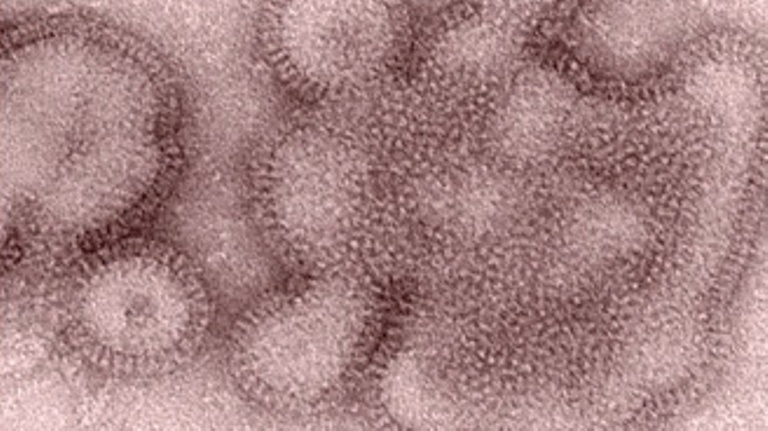The Centers for Disease Control and Prevention (CDC) provided an update yesterday regarding the H3N2v influenza strain that has been reported in several states during the past month. Joseph Bresee, CDC influenza division, reported that there have been 158 confirmed cases of human infection. Bresee said, “Most cases are mild and self-limited and resolve on their own.”
August 10, 2012

The Centers for Disease Control and Prevention (CDC) provided an update yesterday regarding the H3N2v influenza strain that has been reported in several states during the past month. Joseph Bresee, CDC influenza division, reported that there have been 158 confirmed cases of human infection. Bresee said, “Most cases are mild and self-limited and resolve on their own.”
Bresee explained that confirmed cases have had exposure to swine, and most of the infections have occurred in people exhibiting swine, family members of exhibiters, people visiting swine barns at fairs, or people attending fairs where swine are present. “The severity of human illness associated with this virus continues to resemble that of seasonal flu. Most cases have occurred in children,” he said. “At this point, there's no evidence of sustained efficient human-to-human spread in the community. Our seasonal influenza systems are active and not shown any sign of increase in influenza activity. This is not a pandemic situation.”
There have been 113 confirmed cases of H3N2v flu in Indiana, 30 cases in Ohio, and one case each in Hawaii and Illinois. CDC has not received any report of deaths associated with H3N2v infection, and there have been two confirmed hospitalizations with H3N2v infection so far. Both patients have recovered and have been discharged.
The CDC is suggesting that people who will come into contact with pigs simply practice god hygiene. “What we really want to focus on is guidance to folks who will be exposed to pigs, especially in the setting of agricultural fairs,” Bresee said. “Wash your hands frequently with soap and water before and after exposure to the animals. Never eat or drink or put things in your mouth while in animal areas. Never bring food or drink into animal areas.”
Learn more at the CDC Web site at http://www.cdc.gov/media/releases/2012/t0809_H3N2v.html.
You May Also Like



